An Introduction to Islamic Studies By Dr. Liaquat Ali Khan Niazi (JWT)
₨1,200.50
1 review for An Introduction to Islamic Studies By Dr. Liaquat Ali Khan Niazi (JWT)
Add a review Cancel reply
You must be logged in to post a review.
Description
1 review for An Introduction to Islamic Studies By Dr. Liaquat Ali Khan Niazi (JWT)
-
-
5 out of 5Toseef Ul Hassan
–Very good
-
Add a review Cancel reply
You must be logged in to post a review.
Shipping & Delivery


MAECENAS IACULIS
Vestibulum curae torquent diam diam commodo parturient penatibus nunc dui adipiscing convallis bulum parturient suspendisse parturient a.Parturient in parturient scelerisque nibh lectus quam a natoque adipiscing a vestibulum hendrerit et pharetra fames nunc natoque dui.
ADIPISCING CONVALLIS BULUM
- Vestibulum penatibus nunc dui adipiscing convallis bulum parturient suspendisse.
- Abitur parturient praesent lectus quam a natoque adipiscing a vestibulum hendre.
- Diam parturient dictumst parturient scelerisque nibh lectus.
Scelerisque adipiscing bibendum sem vestibulum et in a a a purus lectus faucibus lobortis tincidunt purus lectus nisl class eros.Condimentum a et ullamcorper dictumst mus et tristique elementum nam inceptos hac parturient scelerisque vestibulum amet elit ut volutpat.
Category: CSS, PMS, PCS

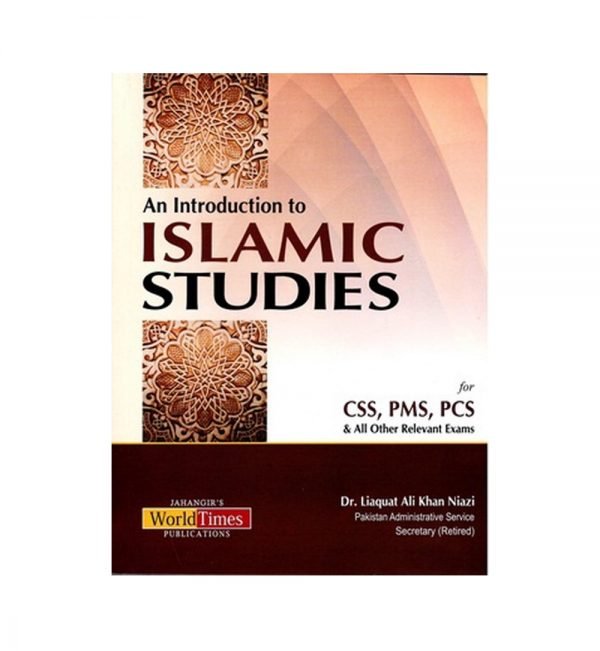
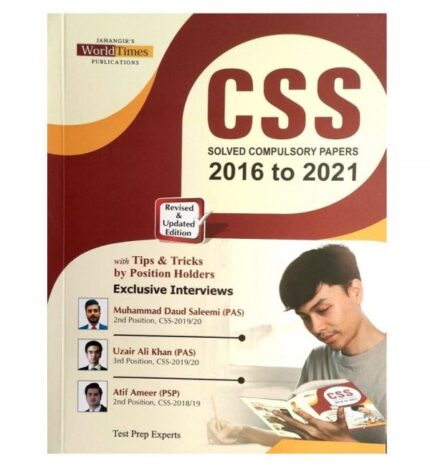
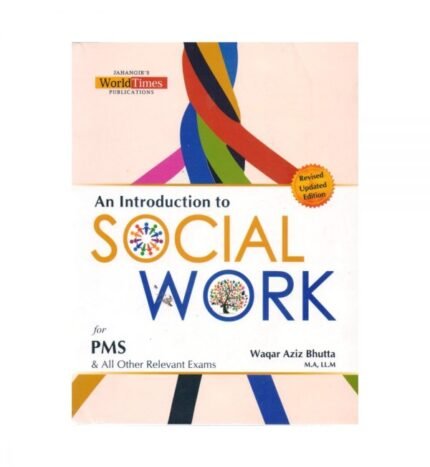
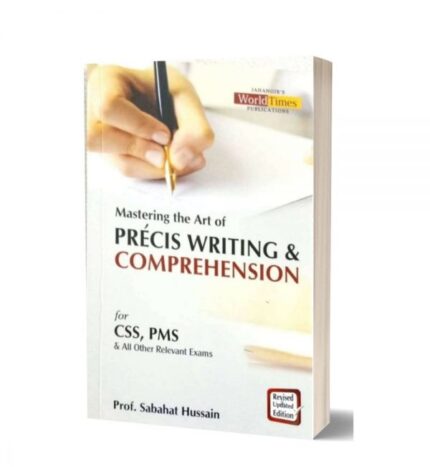
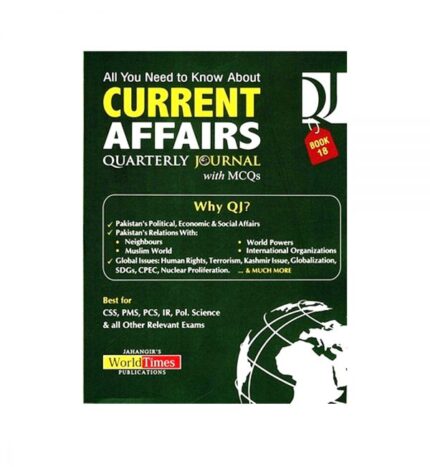
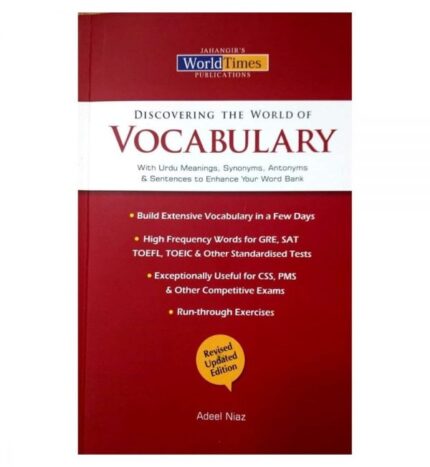
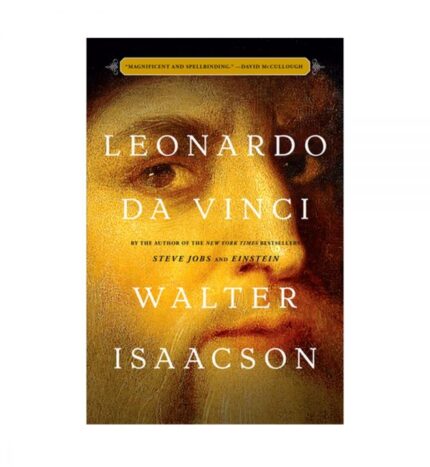
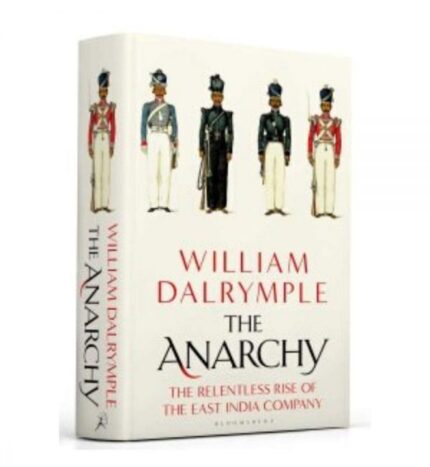
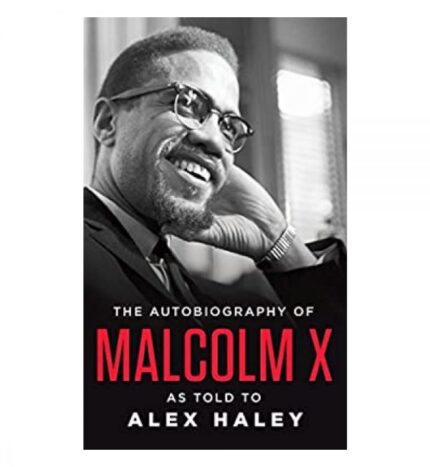
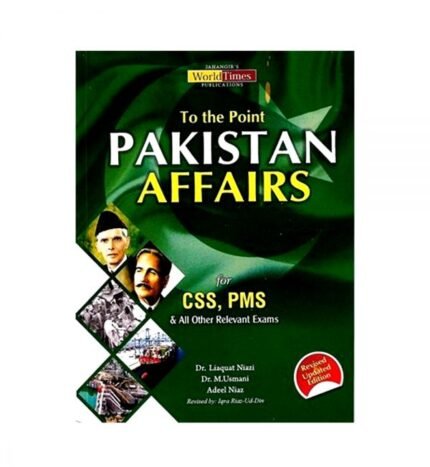
5 out of 5
Toseef Ul Hassan
–
Very good